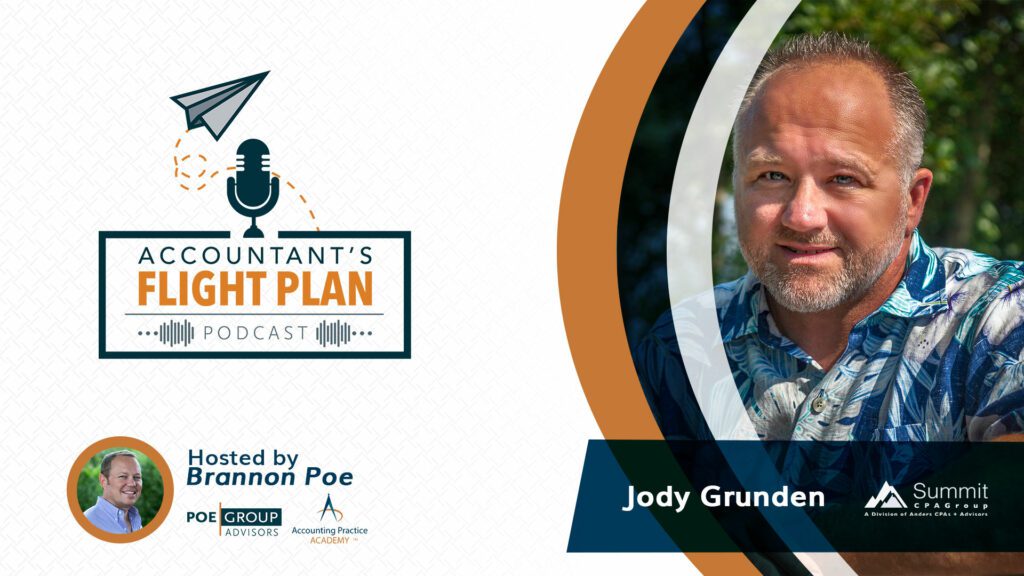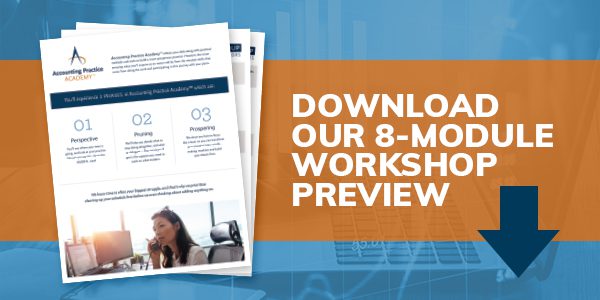
Starting an Accounting Firm? 4 Planning Basics
“For the timid, change is frightening; for the comfortable, change is threatening; but for the confident, change is opportunity.”
– Nido Qubein (President of High Point University)
For those who are thinking of hanging their own shingle, the opportunity is definitely there, but it takes courage…and some planning. Here are some of the basics from On Your Own! – How to Start Your Own CPA Firm, Second Edition:
1. Do you have an Entrepreneurial Spirit?
Often coupled with a desire to control your own destiny is the need to satisfy a strong entrepreneurial spirit. Characteristics that typify this drive are assertiveness, creativity, independence, good people skills, sales and communication skills, and a sound business sense. If you are a CPA who possesses these traits, the opportunity to use fully all of these personal and professional skills usually makes having your own practice a very attractive notion.
2. Create your vision.
Begin with the end in mind. Why is this so important?
Your vision of your practice, your career, and your life will serve as the overall framework from which all of your decisions are made going forward. Dreams reveal your intentions. Being clear about your intentions fuels your enthusiasm. Your enthusiasm drives your success. I challenge you to spend 20–30 minutes a day for 7 consecutive days to simply write about your practice and what your life looks like as the owner of that practice. Let your writing go into many different directions. Include aspects of your personal and family life, as well as your business life. You will be amazed at how your ideas take shape. You will gain more clarity about what you want and what is important to you, and you can, and should, build your business around this.
3. Buying an accounting practice
Establishing an initial client base will take a great deal of time and effort, and CPAs who want to start their own practices should be realistic about this important aspect of practice development. If you can count on a small nucleus of clients (anchor clients) that assures you a specific amount of work each year, you can better estimate your financial needs and your potential profit.
A common question asked by CPAs who want to go solo is, “Wouldn’t it be easier and financially more rewarding to buy an accounting practice?” Without a doubt, acquiring a well-established practice can minimize the struggle to become a successful practitioner. It can expedite the process considerably. However, as with most things in life, there are advantages and disadvantages.
4. Building your plan.
The business plan and loan proposal has a dual purpose: to give the CPA a clear, strategic vision for directing day-to-day operations and to assist in obtaining financing. A good business plan at this stage should document your vision and goals and be as concise and as simple as possible. I encourage you to take your plan to the bank—literally.
If you would like a free business plan template, we are happy to provide you with one. Please complete our contact form to request.
Happy Planning!







